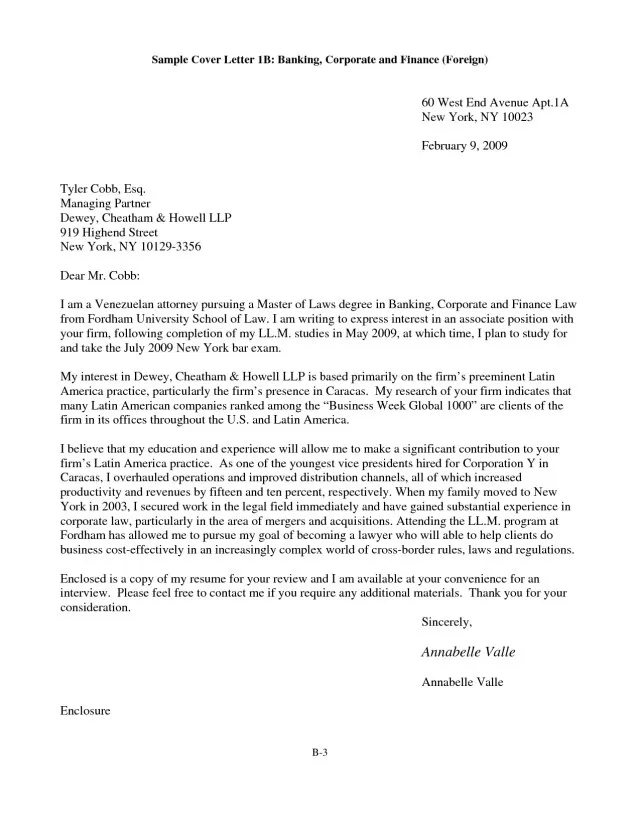Why Cover Letter Conclusions Matter
Your cover letter conclusion is more than just a formality; it’s your last chance to make a strong impression and secure an interview. In a competitive job market, every detail counts, and the way you close your cover letter can be the deciding factor between landing an interview and being overlooked. A well-crafted conclusion reinforces your value, reiterates your interest, and provides a clear call to action. Neglecting this crucial section can leave your application incomplete and your qualifications unpersuasive. The conclusion serves as the final piece of the puzzle, tying together your skills, experiences, and aspirations into a compelling narrative that motivates the hiring manager to take the next step.
Highlight Your Value Proposition
One of the most effective ways to close a cover letter is to briefly reiterate your value proposition. Remind the hiring manager of the unique benefits you bring to the table. This isn’t simply a rehash of your skills; it’s about connecting your abilities to the specific needs of the employer. For instance, if the job description emphasizes project management skills, you could conclude by stating your proven ability to deliver projects on time and within budget. This reinforces your suitability for the role and makes a lasting impact, ensuring that your key strengths are top of mind as the hiring manager considers your application. Use strong action verbs and quantifiable achievements to make your value proposition clear and memorable.
Summarize Key Skills and Experiences
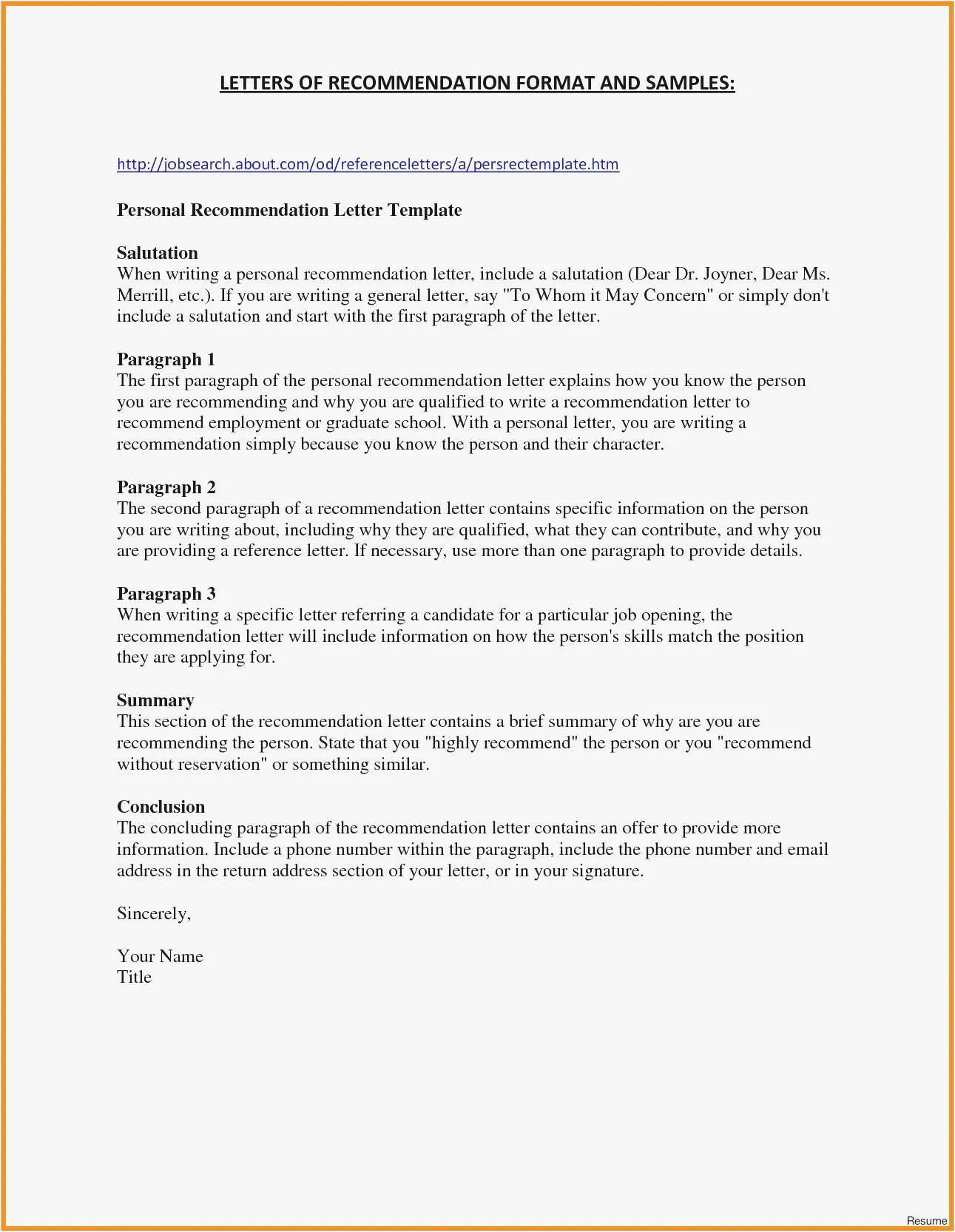
In addition to highlighting your value, a compelling conclusion summarizes your most relevant skills and experiences. This brief overview serves as a recap, ensuring that the key highlights from your cover letter are fresh in the reader’s mind. Instead of merely listing your qualifications, frame them in the context of the job’s requirements. This demonstrates your understanding of the role and your ability to meet its challenges. For example, if the job requires strong communication and leadership skills, briefly mention how your experience in leading teams and delivering presentations aligns with these needs. Tailor the summary to emphasize the skills and experiences that are most relevant to the specific position, making it easy for the hiring manager to see you as a perfect fit.
Emphasize Your Enthusiasm for the Role
Your enthusiasm for the role should shine through in your cover letter conclusion. Expressing genuine interest can significantly impact your application. Demonstrate your excitement about the opportunity and the company by mentioning what specifically attracts you to the position. This could be the company’s mission, its culture, or the chance to contribute to a particular project. Avoid generic statements like, “I am excited about this opportunity.” Instead, personalize your message by referencing specific aspects of the role or the company that resonate with you. For example, you could say, “I am particularly excited about the opportunity to contribute to [specific project] and believe my skills in [relevant skills] align perfectly with the goals of your team.” Showing genuine enthusiasm makes you more memorable and indicates that you are truly invested in the opportunity.
How to Craft a Strong Call to Action
A well-defined call to action is essential in a cover letter conclusion. It directs the hiring manager on what you want them to do next. This can be as simple as requesting an interview or offering to provide additional information. The call to action should be clear, concise, and directly related to the job application. Avoid vague statements that leave the hiring manager wondering what you want. Instead, state your intentions explicitly. For instance, you might write, “I am eager to discuss my qualifications further and am available for an interview at your earliest convenience.” The call to action should be confident but not presumptuous, demonstrating your eagerness to move forward in the hiring process.
Request an Interview
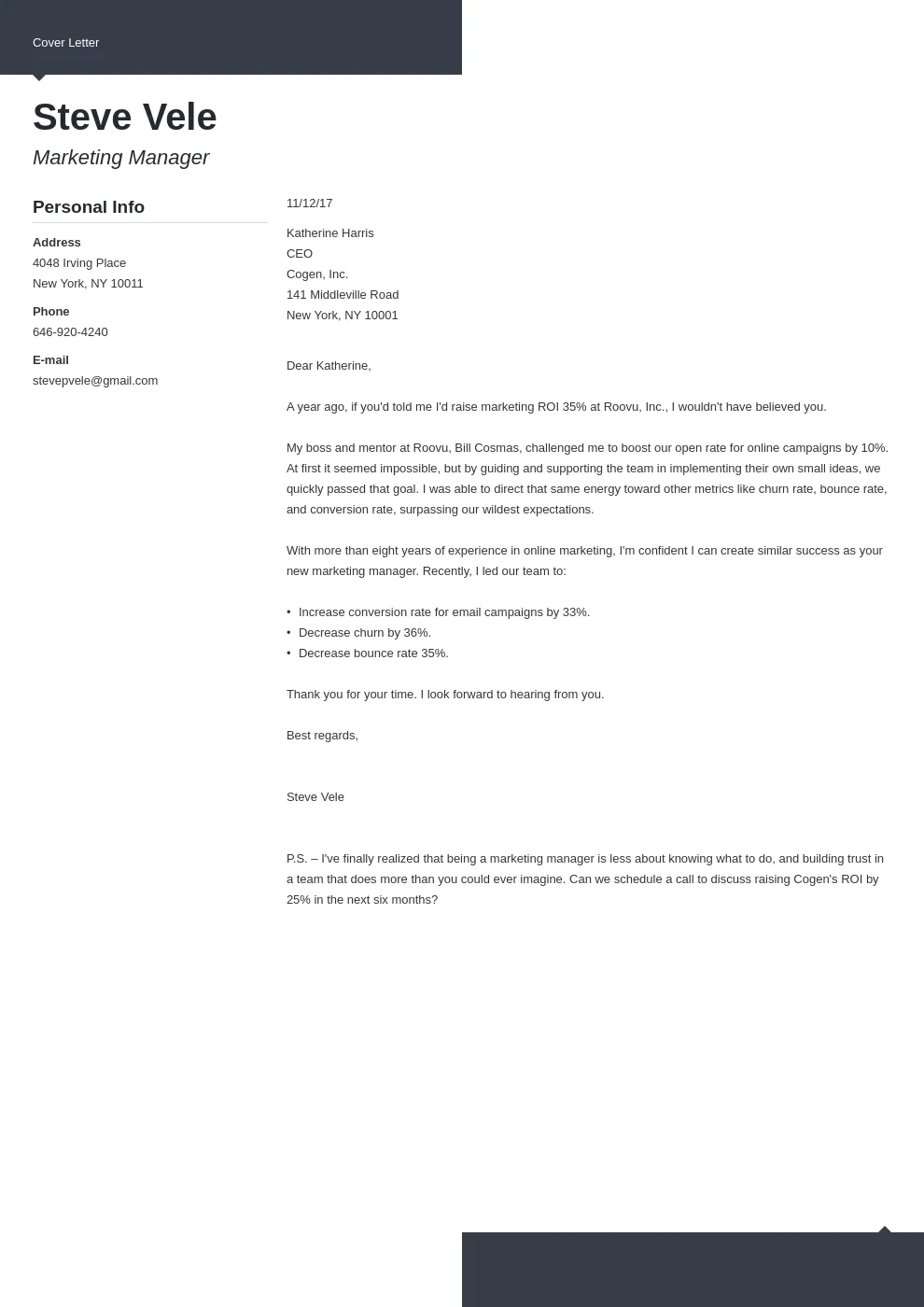
The most common and effective call to action is a direct request for an interview. This is a clear indication that you are interested in the position and ready to take the next step. When requesting an interview, be polite and professional, and make it easy for the hiring manager to take action. Offer your availability and indicate your eagerness to discuss your qualifications further. For example, you might say, “I am available for an interview at your earliest convenience and look forward to discussing how my skills and experience can benefit your team.” Avoid being overly demanding or presumptuous. Frame your request as a collaborative effort, signaling your interest in a mutual exploration of the opportunity. Providing your contact information again at the end is a considerate touch, ensuring that the hiring manager can easily reach out.
Offer to Provide Additional Information
If an interview request seems premature or you want to provide additional context, consider offering to supply more information. This could include samples of your work, references, or further details about your qualifications. This approach is particularly helpful if the job application has specific requirements that you haven’t addressed directly in your cover letter or if you believe that supplementary materials will enhance your application. Ensure that you clearly specify what additional information you are willing to provide and how the hiring manager can access it. For instance, you could write, “I would be happy to provide writing samples upon request and am available to answer any questions you may have.” This shows your proactive nature and your commitment to giving the employer all the data they need to make an informed decision.
Express Gratitude for the Opportunity
Always conclude your cover letter by expressing gratitude for the hiring manager’s time and consideration. This professional courtesy shows respect and reflects positively on your character. Thank the reader for reviewing your application and for considering you for the position. Keep your expression of gratitude sincere and concise. You can also reiterate your interest in the role or the company, reinforcing your enthusiasm and making a lasting impression. For instance, you could write, “Thank you for your time and consideration. I am very excited about this opportunity and look forward to hearing from you soon.” A simple thank you can go a long way in solidifying your application and leaving a positive final impression.
Formatting Your Cover Letter Conclusion
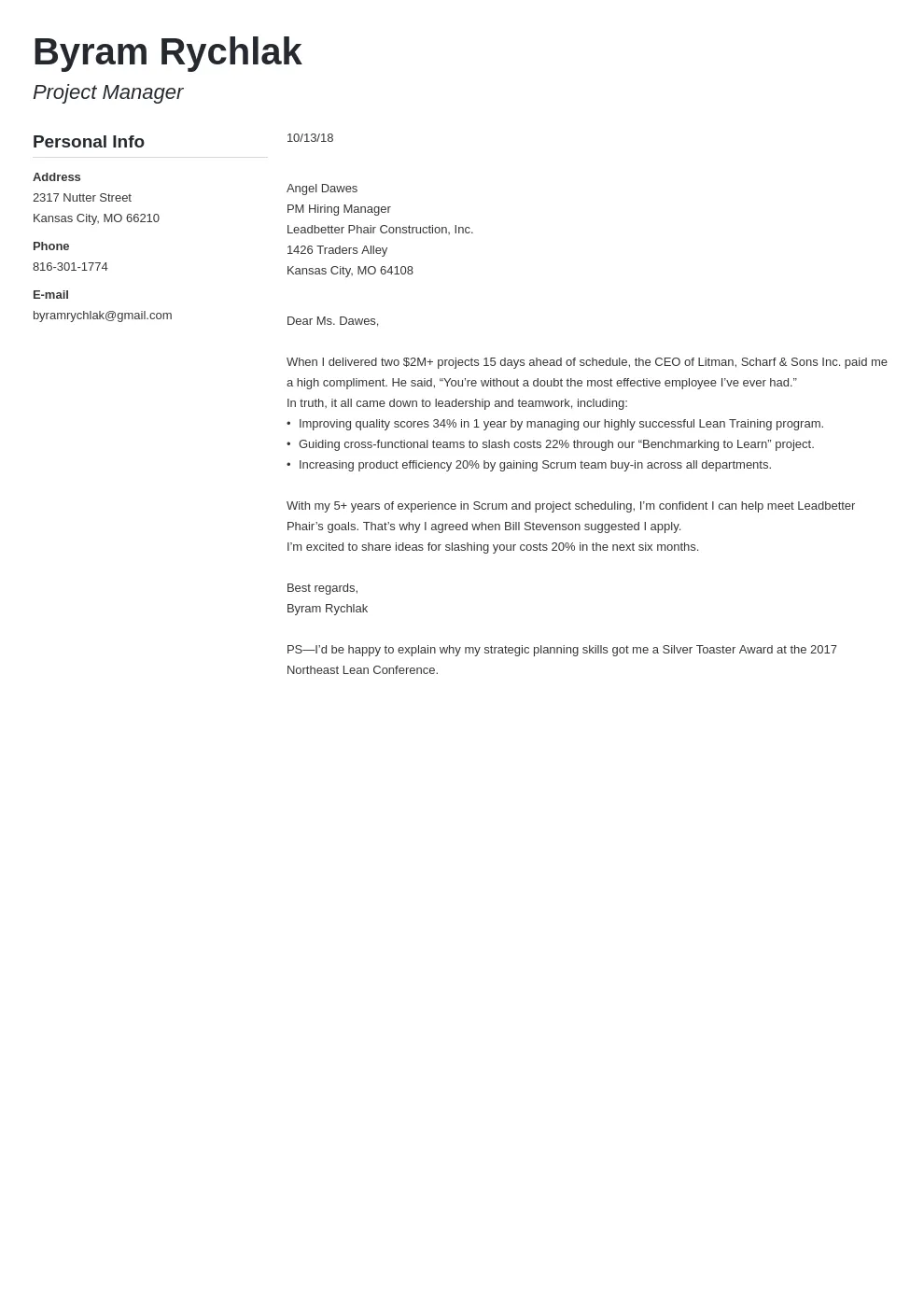
The formatting of your cover letter conclusion is as essential as the content. Ensure that the conclusion is visually appealing and consistent with the rest of your letter. Maintain the same font style, size, and margins throughout your letter. Keep the conclusion concise, typically no more than three to four sentences. Use a professional closing, such as “Sincerely,” “Best regards,” or “Thank you for your consideration.” Follow your closing with a blank line and your typed name. If you are printing the letter, leave space for your signature above your typed name. The formatting of your conclusion communicates your attention to detail and professionalism, showing your respect for the reader and helping your application stand out positively.
Keep It Concise and Professional
A well-crafted cover letter conclusion is both concise and professional, leaving a lasting impression while respecting the reader’s time. Aim for a conclusion that is brief yet impactful. Avoid rambling or including unnecessary details. Get straight to the point: restate your interest, summarize your value, and provide a clear call to action. Use professional language and tone throughout. Avoid slang, jargon, or overly casual expressions. Maintain a formal and respectful style that reflects your seriousness about the opportunity. This demonstrates your professionalism and enhances your credibility, making it easier for the hiring manager to take your application seriously. Concise and professional conclusions are more likely to be remembered and to prompt the desired response.
Proofread for Errors
Proofreading is a crucial step in finalizing your cover letter conclusion. Errors can undermine your credibility and give the impression that you lack attention to detail. Carefully review your conclusion for any grammatical errors, typos, or inconsistencies. Use a spell checker, but also read the conclusion aloud to identify any awkward phrasing or unclear sentences. Ideally, have someone else proofread your cover letter. A fresh pair of eyes can often catch mistakes that you might miss. Proofreading demonstrates your professionalism and attention to detail, ensuring that your message is clear, concise, and impactful. This is a critical step in ensuring that your cover letter makes a positive impression and helps you move forward in the hiring process.
Tailoring Your Conclusion to the Job
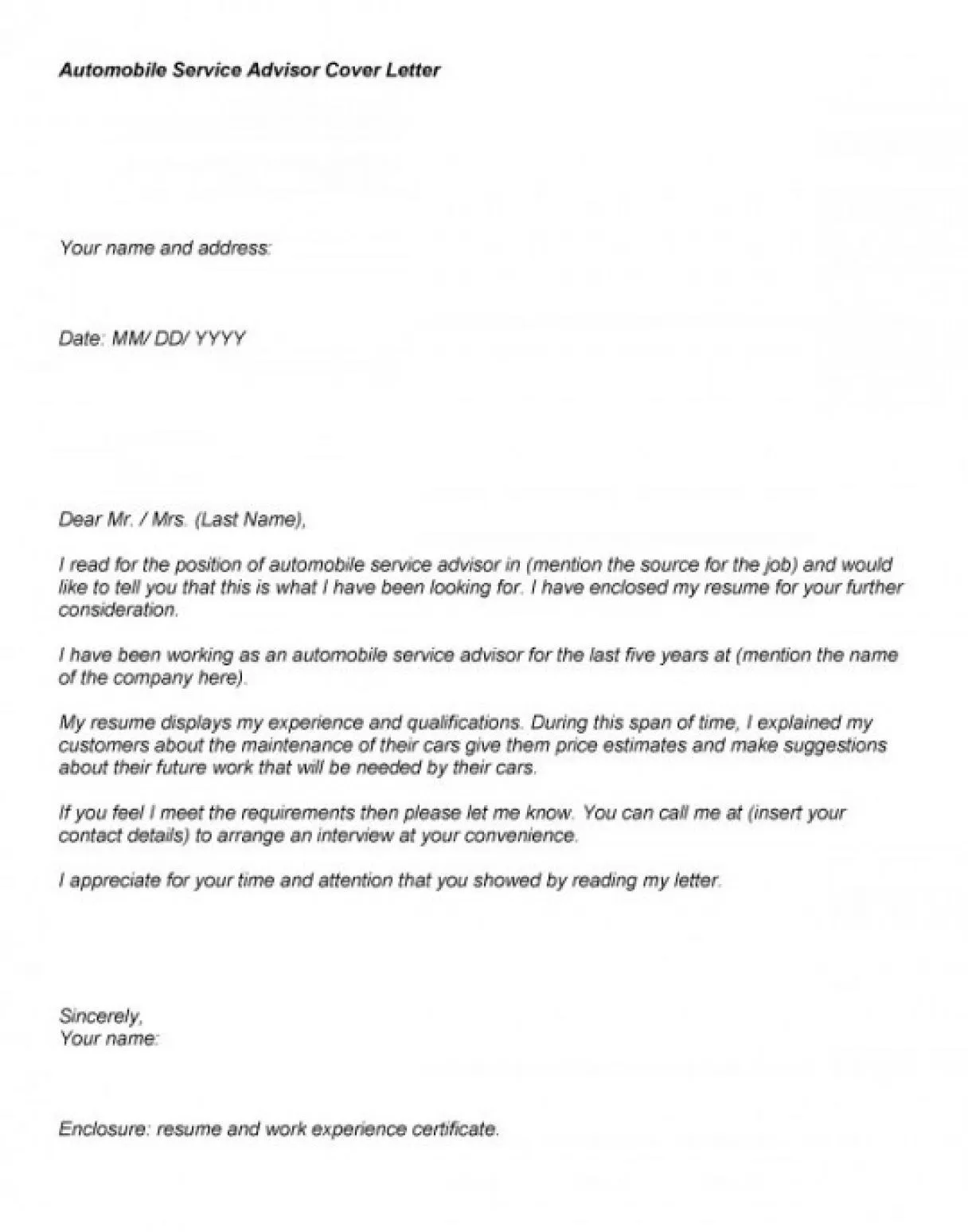
Customize your cover letter conclusion to fit the specific job and company. A generic conclusion can come across as insincere and impersonal. Instead, tailor your message to reflect your understanding of the role, company culture, and the hiring manager’s needs. Research the company to identify its mission, values, and recent achievements. Mentioning these elements in your conclusion shows your genuine interest and demonstrates that you have taken the time to learn about the organization. Align your closing statements with the job description. Highlight the skills and experiences most relevant to the position, and customize your call to action to suit the specific requirements. By tailoring your conclusion, you make a more persuasive case for your candidacy and increase your chances of making a lasting impact.
Research the Company Culture
Understanding a company’s culture can greatly influence the tone and content of your cover letter conclusion. Researching the company’s values, mission, and work environment will help you tailor your message to align with their expectations. If the company emphasizes innovation and creativity, you might express your enthusiasm for contributing to their forward-thinking culture. Conversely, if the company culture is more formal, ensure that your conclusion reflects that professionalism. This research can involve visiting the company’s website, reviewing their social media profiles, and reading employee testimonials. By demonstrating an understanding of the company’s culture, you show that you are a good fit and make a positive impression, increasing your chances of securing an interview.
Match the Tone of the Job Description
Aligning the tone of your cover letter conclusion with the job description is a key to effectively showcasing your suitability for the role. The job description offers valuable insights into the company’s communication style, values, and the type of candidate they are seeking. If the job description is formal and professional, your conclusion should reflect this formality. On the other hand, if the job description is more casual or creative, you can adjust your tone accordingly, while still maintaining professionalism. Pay attention to the language used in the job description. Mirroring that style will show your ability to fit in with the team and communicate effectively in their environment. The more closely your tone matches the job description, the more likely you are to make a positive impression and increase your chances of landing an interview.
Common Mistakes to Avoid
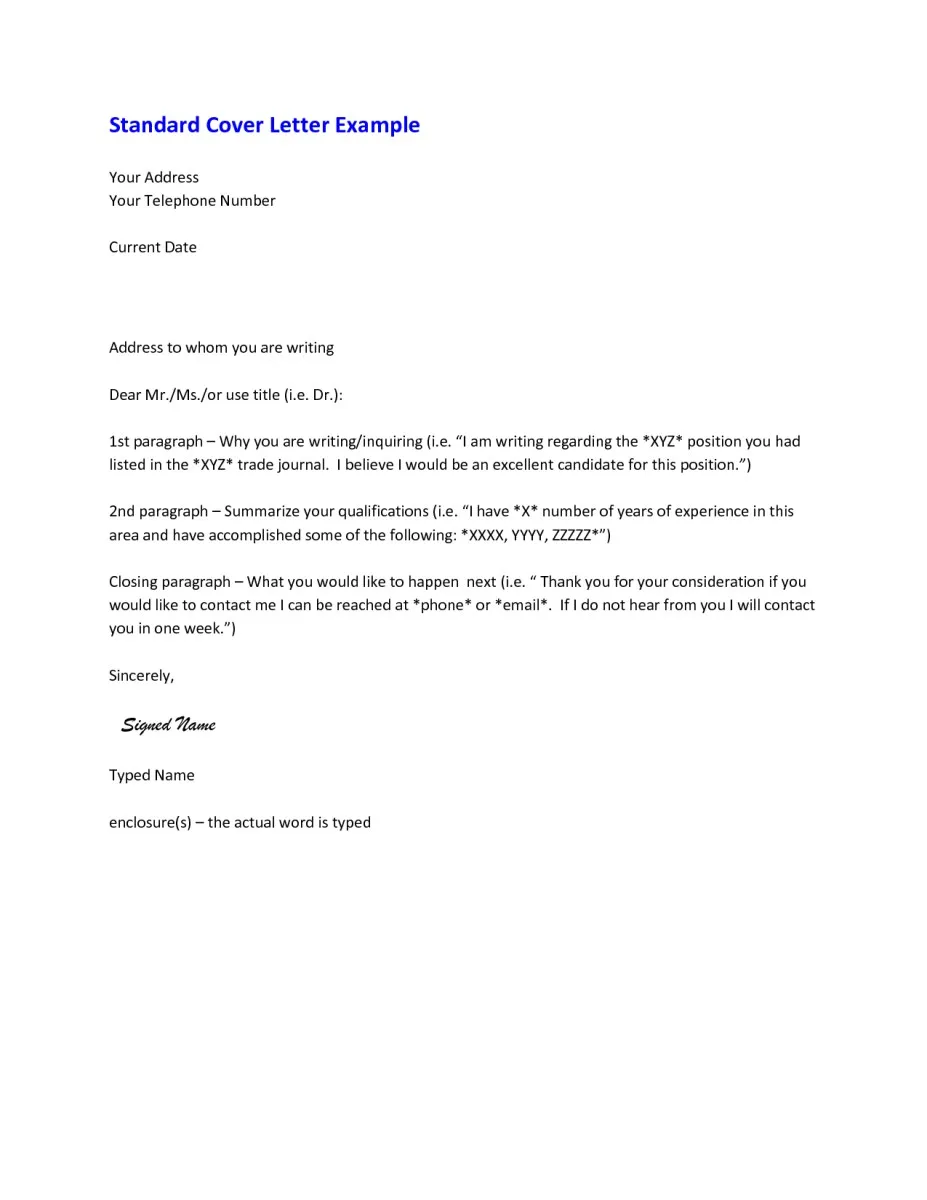
There are several common mistakes to avoid in your cover letter conclusion. Being aware of these pitfalls can help you craft a more effective and persuasive closing. One mistake is to use generic or vague closing statements. Another is to adopt an overly casual language, which can undermine your professionalism. Also, focusing solely on yourself instead of the employer’s needs, failing to address the job requirements, and providing irrelevant information can weaken your closing. By avoiding these common errors, you will enhance your cover letter’s impact and boost your chances of landing an interview.
Generic or Vague Closing Statements
One major mistake to avoid in your cover letter conclusion is using generic or vague closing statements. Phrases like “I look forward to hearing from you” or “Thank you for your time” are common, but they can lack impact if not personalized. Avoid using clichés that may make your application seem impersonal or unenthusiastic. Instead, tailor your conclusion to the specific job and company. Refer to specific aspects of the role, company, or your accomplishments to show that you have invested time and effort in your application. This helps your conclusion stand out and demonstrate that you are genuinely interested in the opportunity, thereby increasing your chances of receiving a positive response.
Overly Casual Language
Another critical mistake is employing overly casual language in your cover letter conclusion. While it is crucial to maintain a friendly and approachable tone, it is equally important to uphold a professional standard. Avoid using slang, colloquialisms, or informal language that might undermine your credibility. Even if the company’s culture is perceived as relaxed, your cover letter must reflect your seriousness and attention to detail. Using excessively casual language can give the impression that you are not taking the application process seriously. Adhering to formal language is more vital for leaving a favorable and lasting impression on the hiring manager. Strive to strike a balance between friendliness and professionalism to create a well-rounded conclusion.
Focusing Solely on Yourself
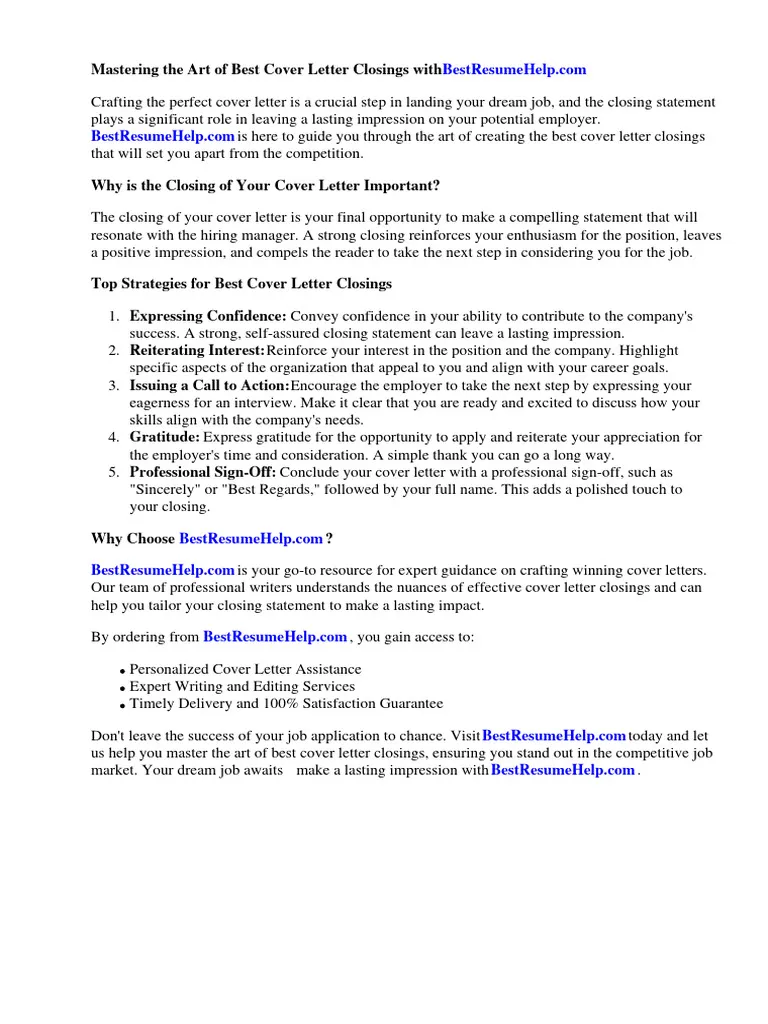
It’s a common mistake to focus too much on yourself in your cover letter conclusion. While it’s important to highlight your skills and experiences, your primary focus should be on how you can benefit the employer. Avoid making your conclusion about your needs, such as your desire for a job or your career goals. Instead, shift the focus to the employer’s needs and how you can contribute to their success. Demonstrate your understanding of the role and the company’s goals, and explain how your skills and experiences align with those needs. This approach shows that you are thinking beyond yourself and are interested in the bigger picture. By shifting your focus to the employer’s needs, you’re more likely to make a lasting impression and secure the interview.
